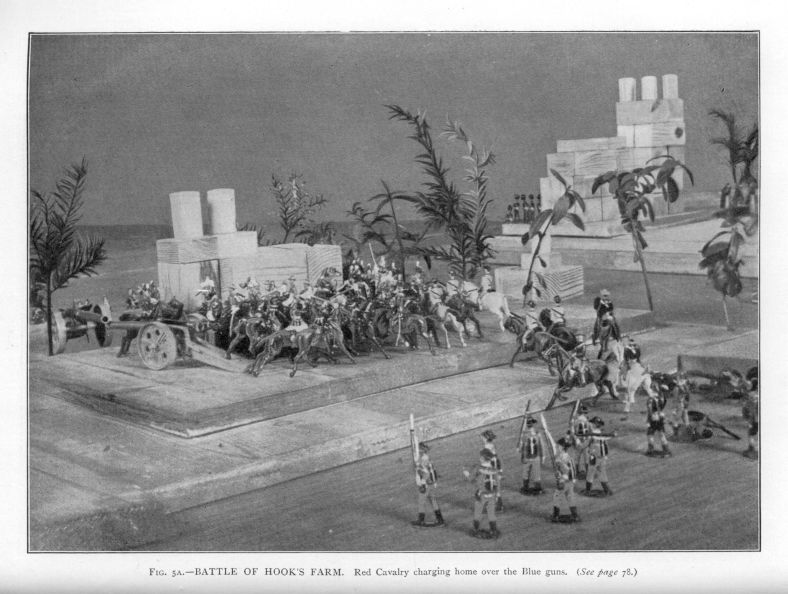
I did not always live in the United Kingdom.
When I first moved house to the island, I couldn’t help noticing that I had moved into something of a wargaming paradise. Hobby stores, wargame clubs, conventions, and more were all suddenly in spitting distance of my house.
Not that there wasn’t any wargaming on “the continent”, far from it. I clearly fell in love with this hobby in my youth, far from the British Isles. Still, the local gaming stores there seem to be further apart, the tournaments less frequent and the opportunities to get a game fewer.
Maybe I just ended up in a lucky spot?
Games Workshop Sales in the UK

It’s hard to generalize from personal experience alone. What made me think on the subject more were Games Workshop’s recent financial report, which also seem to point to a strong UK bias.
Of course, Games Workshop isn’t the entirety of the miniature wargames industry, and it obviously is UK-biased from the start. It’s still the biggest fish in the pond, so the numbers got to mean something. It’s not like there’d be no Malifaux or Warmachine games here in the shadow of Nottingham. Quite the opposite.
The Numbers By Country
Let’s look at those GW sales numbers divided by (estimated) population per country (or countries).
- United Kingdom: £30,922 Millions in GW sales revenue divided by a population of 63,705 Million makes ~ £0,49 spend per year per Brit on GW product alone.
- North America: £36,688 Millions in GW sales divided by 351,851 Million people (US + Canada) makes only ~ £0,11 North Americans spend per person and year on GW product.
- Continental Europe: £39,452 Millions in GW sales is a lot. Yet divided by the 291,247 Million people of just the 5 largest non-UK EU countries (Germany, France, Italy, Spain & Poland – sorry Austria, Scandinavia, etc..), it is only £0,14 per “continental European” a year.
- Australia: £10,943 Millions in GW sales divided by 23,190 Australians (should New Zealand be in there?) makes £0,47 Aussies still spend per year and person on GW products (despite every effort to make those Aussies stop). Almost as mad as the British!
What’s Going On Here?
With all the caveats and limitations such rough numbers based on the sales of but one (if the biggest) miniatures company imply, what is going on here?
What’s different in the UK (and Australia?) to the rest of the miniatures-gaming world?
- Is it really just the fact that so many gaming companies start in the UK? Or is that but a symptom of the hobby’s popularity in the UK?
- Is it the “HG Wells tradition” (the pic above being from Little Wars)?
- Is it the UK weather? If so, what about Australia?
What makes the British so mad about pushing miniatures across the table?
Leave comment and let me know what you think!
Z.








